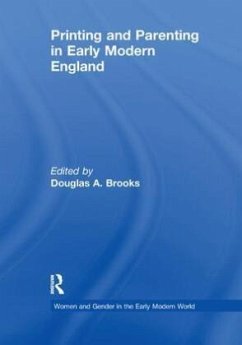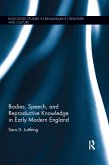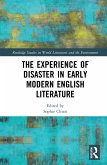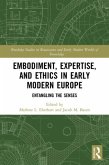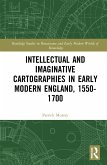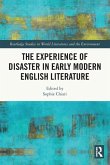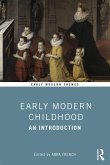The relation between procreation and authorship, between reproduction and publication, has a long history - indeed, that relationship may well be the very foundation of history itself. The essays in this volume bring into focus a remarkably important and complex phase of this long history. In this volume, some of the most renowned scholars in the field persuasively demonstrate that during the early modern period, the awkward, incomplete transition from manuscript to print brought on by the invention of the printing press temporarily exposed and disturbed the epistemic foundations of English culture. As a result of this cultural upheaval, the discursive field of parenting was profoundly transformed. Through an examination of the literature of the period, this volume illuminates how many important conceptual systems related to gender, sexuality, human reproduction, legitimacy, maternity, kinship, paternity, dynasty, inheritance, and patriarchal authority came to be grounded in a range of anxieties and concerns directly linked to an emergent publishing industry and book trade. In exploring a wide spectrum of historical and cultural artifacts produced during the convergence of human and mechanical reproduction, of parenting and printing, these essays necessarily bring together two of the most vital critical paradigms available to scholars today: gender studies and the history of the book. Not only does this rare interdisciplinary coupling generate fresh and exciting insights into the literary and cultural production of the early modern period but it also greatly enriches the two critical paradigms themselves.
'The focus of this rich collection of essays on paternity, procreation, and print allows the contributors to concentrate on and relate a variety of important sociocultural issues and topics ... Part of a new wave of scholarship on the history of the book, these chapters broaden the cultural and historical scope of the inquiry, questioning some of the assumptions of such work and adding important nuances that deepen our understanding of the relationship of technological to epistemic and cultural change.' Arthur F. Marotti, Professor of English, Wayne State University 'Printing and Parenting is a wonderfully rich and varied collection, combining sophisticated theoretical work on gender and generation with detailed historical analyses of print culture in early modern England. It opens up exciting new avenues of inquiry on the relations between ideology and material practices.' Peter Stallybrass, Annenberg Professor of the Humanities, University of Pennsylvania 'Individual essays here are both illuminating and a delight to read...' Rare Books Newsletters 'The collection is valuable for its attention not only to great writers and literary texts of the early modern period [...] but also to woodcut illustrations, pamphlets, broadsides, emergent advertising strategies, rubrication, censorship, and propaganda. Ashgate's generosity in printing fifty-one figures, many of them full-page illustrations [...] allows readers to see examples of the print materials under discussion. Each of the essays in the collection benefits in some way from the context and intertextuality provided by the book collection.' Renaissance Quarterly 'In this volume, some of the most renowned scholars in the field persuasively demonstrate that during the early modern period, the awkward, incomplete transition from manuscript to print, brought on by the invention of the printing press, temporarily exposed and disturbed the epistemic foundations of English culture.' Cahiers Elisabéthains 'Anyon

